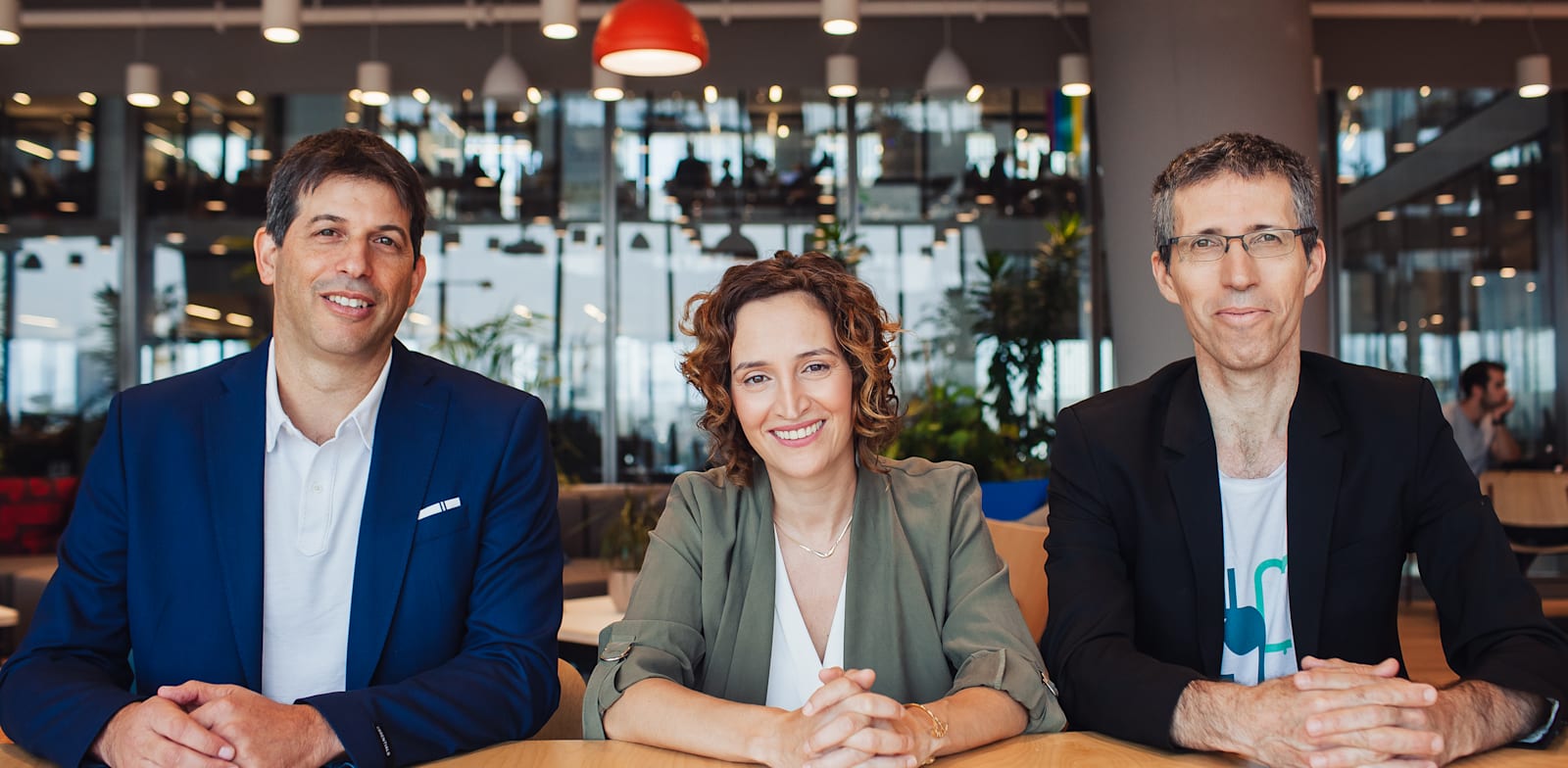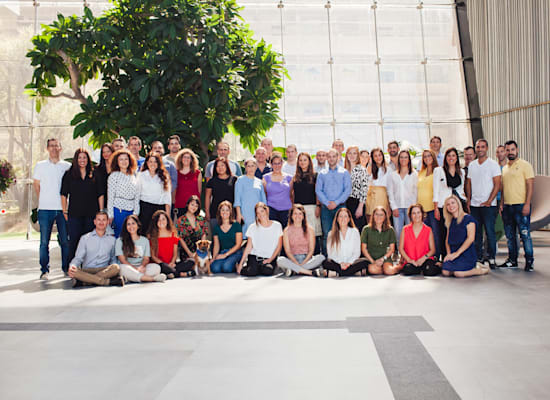
In recent months, under the influence of the huge money flowing into the technology sector in the world, a record number of Israeli high-tech companies have raised new funding at a value of over $ 1 billion and become unicorns. Today, the start-up Papaya Global, which develops personnel and payroll management software for employees in other countries, also joins this long list.
Papaya Global announced today (Thursday) that it will raise $ 100 million as part of Round C, with all funding going into the company. Only in September did Papaya announce the raising of $ 40 million and now it is raising a 2.5 times higher amount led by the GreenOaks Capital fund at a value of $ 1.2 billion (after the money).
As is often the case in the current bull market, Papaya Global CEO Einat Gaz says that she did not intend to raise any more funds. “My goal is to increase the company and engage in business, not to look for investors and raise money,” says Gaz. “But contact us from Greenox , They did a market research on me that I really liked, which addressed the importance of our field in the new world of work and introduced us as market leaders. They also gave us an offer that was difficult to say no to. “

Papaya Global workers in Israel / Photo: Ira Prokhorov
Two other new investors participated in the raising – IVP Ventures and Alkeon Capital – along with existing investors including Insight Funds, Bessemer and Group 11. To date, Papaya has raised a total of $ 195 million. Papaya currently employs 200 people, 110 of them in the country, and expects to bounce the number following the recruitment to 500 workers by the end of the year.
Hackers breaking into payrolls
Papaya Global was founded in 2016 by Gaz, which has established and managed previous relocation companies, along with Reuven Drong (VP of Product) and Ofer Herman (VP of Technology). It is a unicorn in female leadership, which makes it very unique in the Israeli high-tech community. In fact, it was preceded by only one unicorn led by women, led by entrepreneur and CEO Adi Tatarko, who is developing an app for home renovations and operates in the United States and Israel.
Papaya, named one of Globes’ ten most promising start-ups in 2019, is developing a system that allows companies with a global presence to manage and pay employees employed in other countries under local labor laws.
Today organizations use various local suppliers to hire and pay remote workers. The relationship with the suppliers is done through Excel tables and emails without a neat management system, so it is difficult to keep track and manage all the information on a regular basis.
“There’s also the issue of privacy and security here. When you work manually, then all the information is not secure and you are exposed to wage theft, which is an issue that is on the rise every year in the US,” says Gaz. A file with the list of employees who have to be paid, so they change the registered bank details and steal millions of dollars. “
Papaya has about 400 customers, including well-known names such as Microsoft, Draft, WIX and Intel, to which it offers a package that combines software and service together. Customers can choose between a track where Papaya manages all payments per employee, for $ 70-100 per month per employee, or a track where Papaya along with a local partner also serves as the remote employee’s employer, for $ 770-1,000 per month per employee.
Currently, Papaya’s system is still a secondary product within the organization alongside the main payroll and personnel management systems, which handle the mass of employees at headquarters, such as the American ADP system.
But Gas says the ultimate goal is to become the main system in the future. “A year or two ago, 25% of the organization’s employees worked in other countries, and today that number has increased to 30% -40% of the employees,” she says. “In the future I think it will be less clear where the organization’s headquarters are and the companies will be more decentralized, with employees who decide to work from the Maldives, for example, so we want to build a base system that will be the sales force of the employee’s journey.
“Unlike other companies in the market that have built a base system and are trying to maximize profits from it, we want to continue to bring the most advanced technology.”
“I’m not a Neumann person”
The proliferation of Israeli unicorns and the huge fundraisers in recent months have flooded the feeling that we are in a bubble, inflated by rising stock prices in technology, zero interest rates and money-printing policies in the US. Want to raise more funding now, before the market climate changes?
“I think this period is good and it is impossible to know what will happen next. We also thought in September that the market had reached a peak and since then it has continued to rise,” says Gaz. “I think there is a difference between raising money based on the results and riding the market. We are not riding the market but building a company for the long term.
“When you raise such a sum, there is also a statement here to all the competitors that you have come to lead the market and remain independent. We are not candidates for purchase because we are already too expensive.”
Instead of an exit, gas marks the target as an offering in the not-too-distant future. “In the optimistic scenario, we will be able to go public within two years, and in the more conservative scenario within 3-4 years.”
Still, do not you feel that the value that companies get is too high?
“As a CEO and also as an investor I have no doubt that a lot of things are inflated in the market, but when we are considered in a balanced way, we see that all the company data has doubled or tripled in the last year and we are in a very growing market. “In 2020, we reached an annual revenue rate of $ 25 million (in ARR terms), which was beyond our expectations, so I feel comfortable saying we are not part of a bubble.”
Are you not afraid that this flood of cash will hurt you? This has happened to companies like Wework.
“Wework burned a lot of money in a way that was not connected to business, in the expectation that their value would continue to rise all the time and they would raise more. We work in a much more realistic way. I’m not a Neumann, I did not buy a private plane, I have an office. Burning dollars. “
What is your biggest challenge right now?
“Run a global organization with employees scattered all over the world without the possibility of meeting face to face and without losing our DNA. I remember leaving the US for the last time a year ago and we were only 100 employees in the company compared to 200 today. We have many employees who have not met their colleagues face to face at all.
“We try to bridge it in all kinds of zoom sessions but it’s not the same thing. Now we invest more in building a better internal knowledge base for example, because you can rely less on employees overlapping each other when everything is done remotely. If I didn’t have a startup already “I would probably set up a company that would deal with trying to bridge the distance by virtual means.”